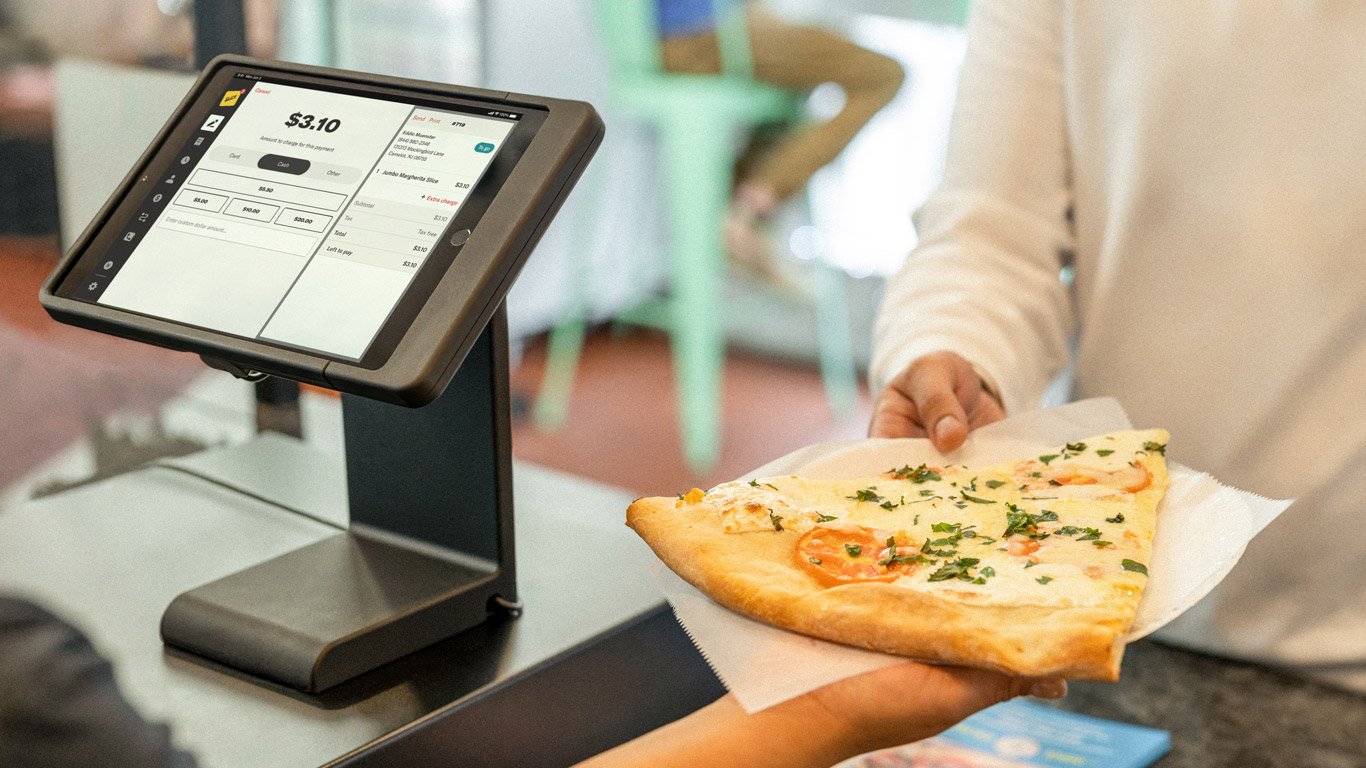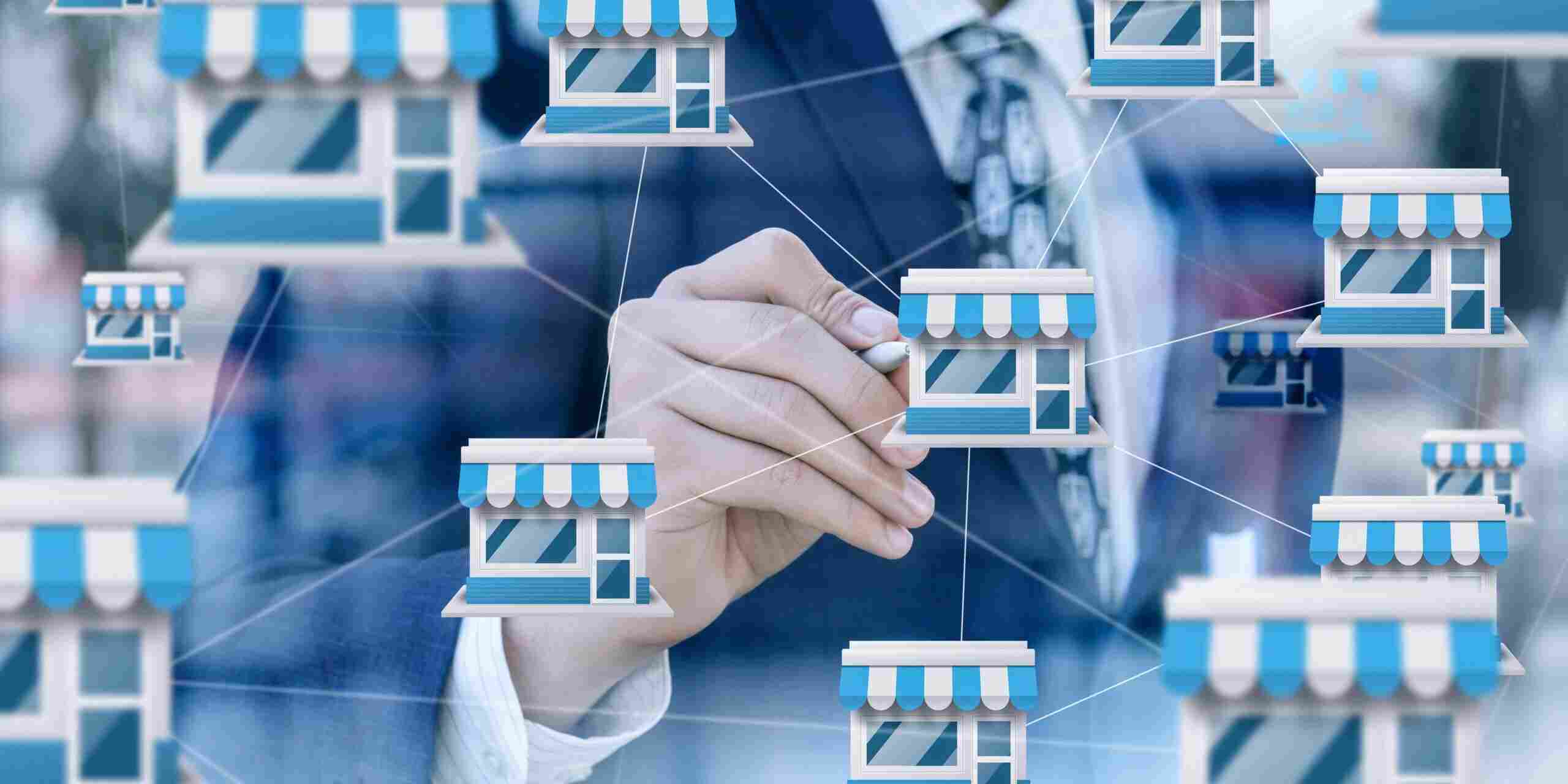What to Look for in a POS System: A Checklist for Business Owners

Choosing the right Point of Sale (POS) system for your business is a critical decision that can significantly impact your operations, customer satisfaction, and overall profitability. With so many options available, it’s essential to know what to look for in a POS system to ensure it meets your specific needs. This comprehensive checklist will guide you through the key features and considerations to help you make an informed choice.
1. User-Friendly Interface
A POS system should be easy to use for both you and your staff. A user-friendly interface minimizes training time and reduces the likelihood of errors during transactions. Look for systems with intuitive designs, clear instructions, and straightforward navigation.
2. Customization Options
Every business has unique needs, so your POS system should offer customization options. Whether it’s modifying the layout, adding specific functionalities, or integrating with other software, the ability to tailor the system to your business processes is crucial.
3. Inventory Management
Effective inventory management is a cornerstone of successful business operations. Your POS system should provide real-time inventory tracking, automatic stock updates, and alerts for low stock levels. Advanced features like purchase order generation and vendor management can further streamline your inventory processes.
4. Sales Reporting and Analytics
Comprehensive sales reporting and analytics capabilities are essential for making data-driven decisions. Look for a POS system that offers detailed reports on sales trends, product performance, and customer behavior. The ability to generate customizable reports can help you gain deeper insights into your business operations.
5. Integration Capabilities
Your POS system should integrate seamlessly with other business tools you use, such as accounting software, e-commerce platforms, and CRM systems. This integration ensures smooth data flow between different systems, reducing manual data entry and the risk of errors.
Also Read: The Impact of POS Systems on Sales Reporting and Analytics
6. Payment Processing
A robust POS system should support multiple payment methods, including credit and debit cards, mobile payments, and contactless payments. Ensure the system is equipped with secure payment processing capabilities to protect customer data and comply with industry standards.
7. Customer Relationship Management (CRM)
Building strong customer relationships is vital for business growth. A POS system with built-in CRM features can help you track customer purchases, preferences, and contact information. This data can be used to create personalized marketing campaigns and loyalty programs, enhancing customer retention and satisfaction.
8. Scalability
As your business grows, your POS system should be able to grow with you. Look for a scalable solution that can accommodate an increasing number of transactions, users, and locations without compromising performance.
9. Mobile and Cloud Capabilities
In today’s mobile-driven world, having a POS system with mobile and cloud capabilities is a significant advantage. Mobile POS systems allow you to process transactions anywhere, improving flexibility and customer service. Cloud-based systems offer the benefit of remote access to your business data, automatic updates, and enhanced security.
10. Employee Management
Managing your staff efficiently is essential for smooth operations. A POS system with employee management features can help you track employee hours, monitor sales performance, and manage payroll. This functionality can also assist in scheduling and ensuring optimal staffing levels.
11. Customer Support and Training
Reliable customer support is crucial when dealing with technical issues or system downtime. Choose a POS provider that offers comprehensive support services, including phone, email, and live chat support. Additionally, consider the availability of training resources such as tutorials, webinars, and user manuals to help you and your staff make the most of the system.
12. Cost and ROI
While it’s important to find a POS system that fits your budget, consider the long-term return on investment (ROI) as well. A more expensive system with advanced features may provide significant operational efficiencies and increased revenue over time. Evaluate the total cost of ownership, including hardware, software, installation, and ongoing maintenance fees.
Conclusion
Selecting the right POS system is a strategic decision that requires careful consideration of various factors. By using this checklist, business owners can identify the essential features and capabilities that will best support their operations and drive growth. Investing in a robust, scalable, and user-friendly POS system will not only streamline transactions and inventory management but also provide valuable insights that can enhance overall business performance.
Visit our site at www.dibtech.com.au
Visit our YouTube channel for tutorials Dibtech






